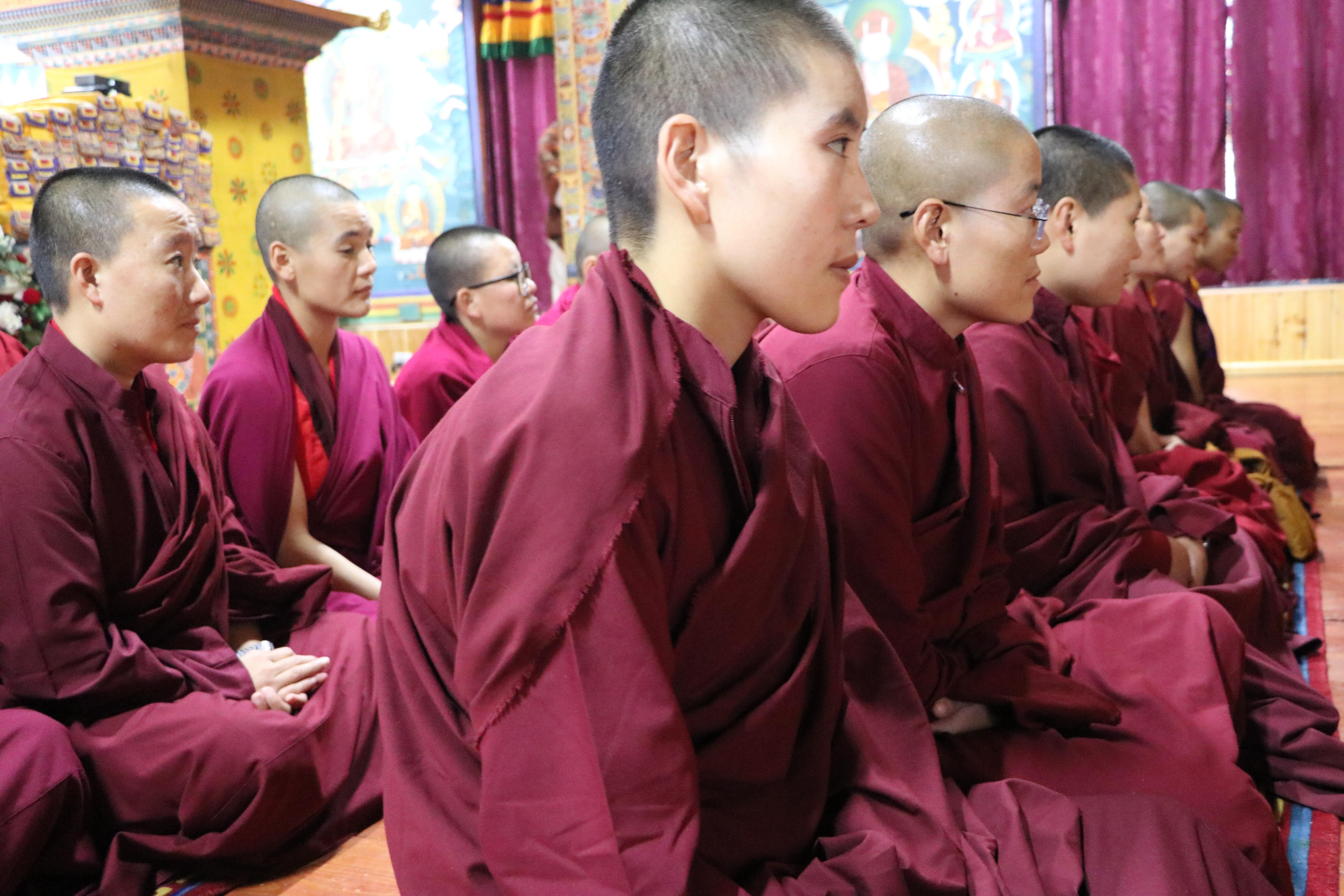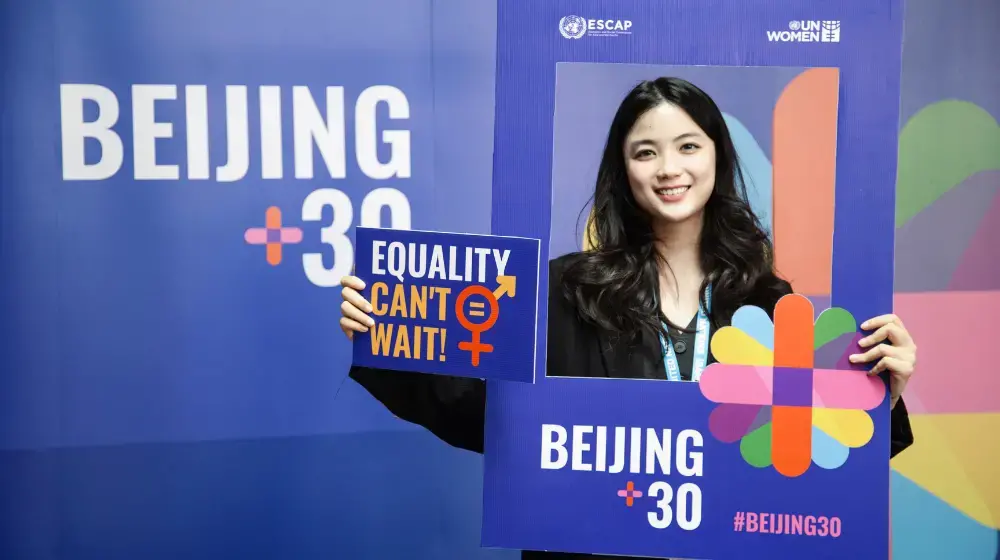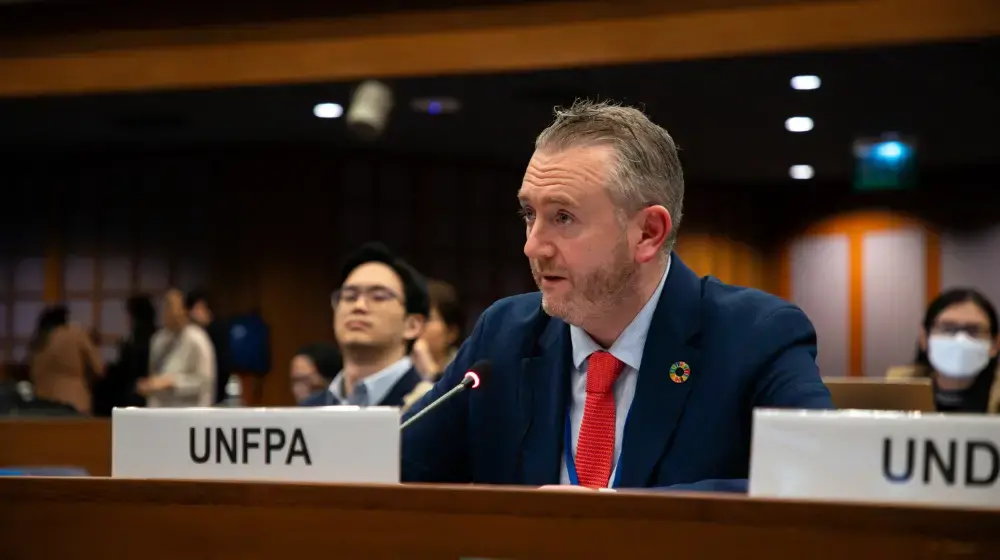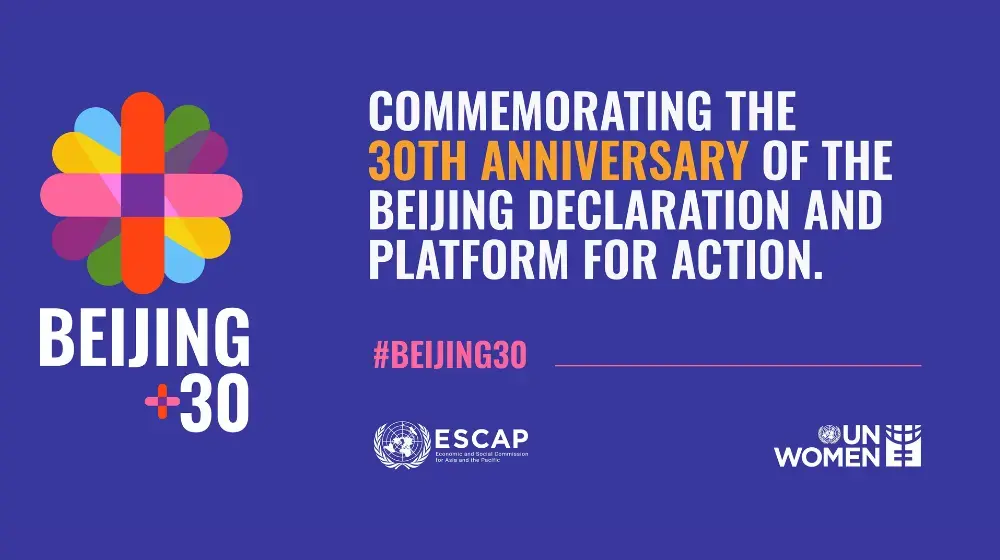Thimphu, Bhutan - "There was a time when I would be menstruating and didn’t know what to do during those days. I didn’t quite understand what menstrual hygiene meant. I didn’t know what I was supposed to do for those four to five days. Now I do.”
“We didn’t know the meaning of sexuality. We didn’t know how to deal with it. It’s taken us a while to understand that different people have different needs.”
“We feel like we understand complexities about our bodies, about other people. This has given us the ability to help others, to be able to talk to them. I was able to speak to a fellow student who was troubled; I was able to stop him from killing himself.”
These are the voices of some of the Anims [nuns] and Lopens Gelongs [monks] in Bhutan who have taken charge of their own lives and bodies, emboldened and empowered by the life skills education they have been receiving. And this has not just changed their outlook to life and love, but it has also helped them support and change the lives of others.
Buddhism is intrinsically linked with the lives of people in the Himalayan Kingdom of Bhutan and spiritual leaders, Anims and Lopens play a large role in framing people’s mindsets and beliefs.
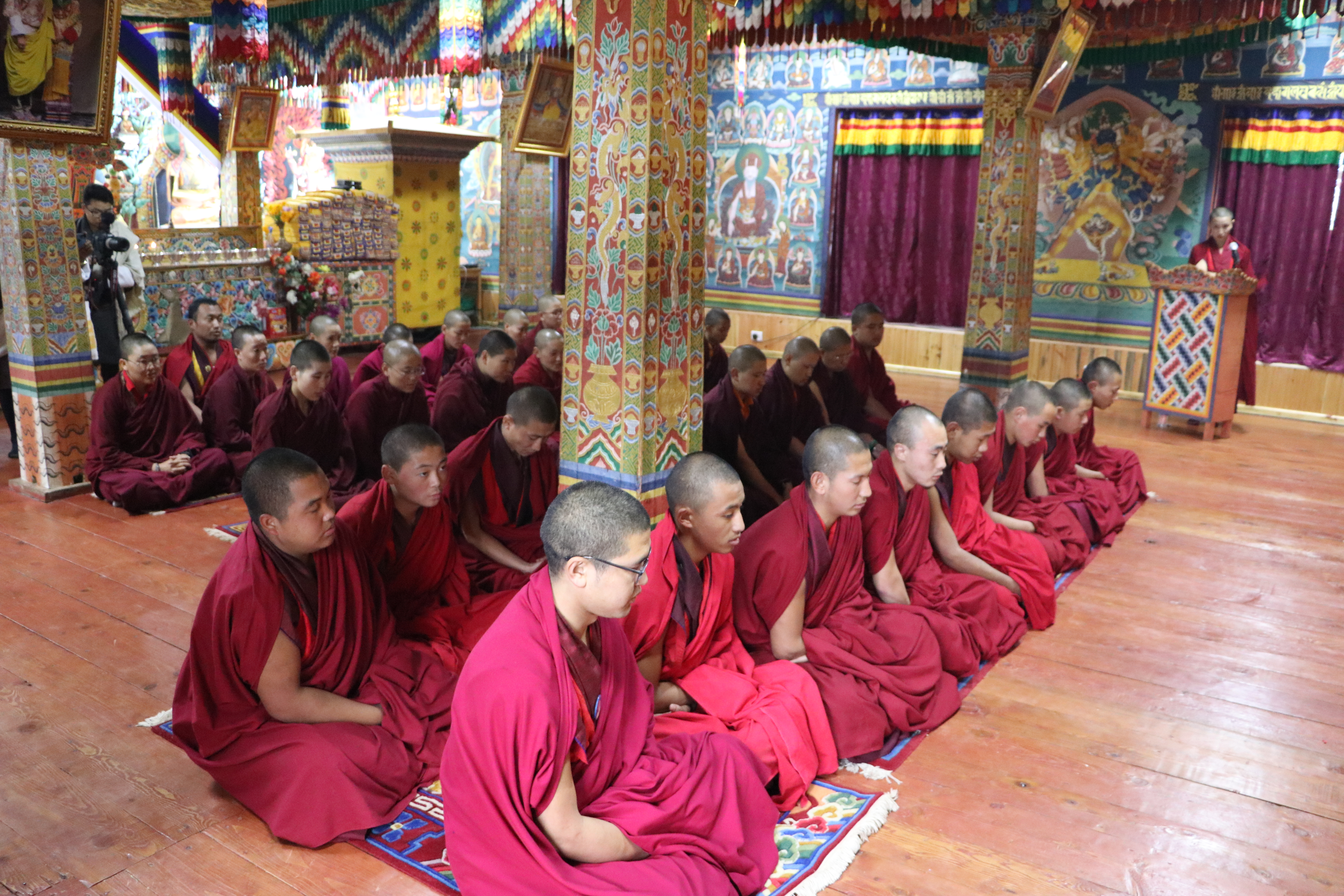
Nuns and monks gathered at Pangrizampa College of Astrology. Image: Nilanjana Bose/UNFPA Bhutan.
“Turning to spirituality comes from within. It’s not something I was pushed into, I chose to become a nun,” says 28-year-old Anim, Kinley Dem. “But that does not mean I am any different from any other woman, you know,” she says grinning, biting into a piece of chocolate cake. "I guess there was a time when I was shy. I didn’t know the answer to many questions and I felt awkward to ask. But not anymore.”
When UNFPA asks her if we can take her photo, she passes the slice of cake to a passing Anim and smiles for the camera. “How’s that for a background?” she asks, looking behind her to check if the frame looks okay.
A short while later, when 40 Anims and Lopen Gelongs stood shoulder to shoulder for a group photo along with a visiting delegation from UNFPA, led by Executive Director Natalia Kanem on her first official visit to Bhutan in October 2019, it was a formidable sight.
These were some of the most venerable people in the kingdom who are today agents of social change. They talk about issues one may generally not associate with spiritual leaders. Like menstruation and gender-based violence including sexual violence. Or the right to be who they want to be.
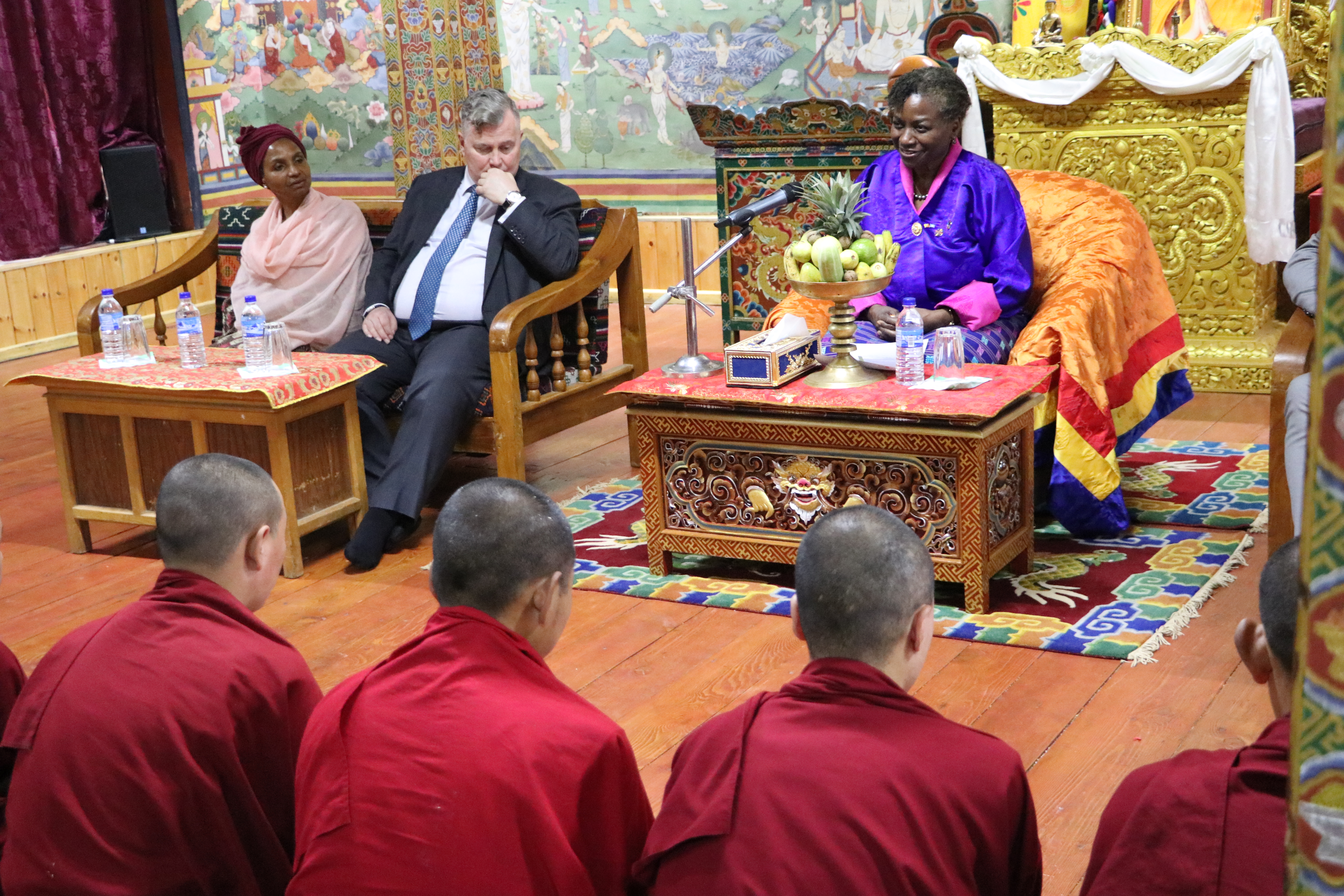
Nuns and monks meet with UNFPA Executive Director Natalia Kanem, UNFPA Asia-Pacific Regional Director Bjorn Andersson and UNFPA India and Bhutan Representative Argentina Matavel Piccin. Images: Nilanjana Bose/UNFPA Bhutan.
When UNFPA in Bhutan first started working with religious leaders in 2011, the first stop was the Bhutan Nuns Foundation.
155 nuns from 26 nunneries were trained on Life Skills Education, empowering them with the knowledge and skills to address their reproductive health needs as well as those of women in society more widely, including menstrual hygiene and domestic violence prevention.
But shortly afterwards, a glaring gap emerged – most of the nunneries were headed by
monks and other male religious leaders, leaving the nuns with little alternative to assert themselves.
The next step was obvious: to include monks in the life skills education training as well.
To date, UNFPA Bhutan has worked with 45 heads of monastic institutions and 179 religious leaders across 20 districts. Now, following a request from the Central Monastic Body in Bhutan, religious leaders are also being trained to deal with adolescent health issues.
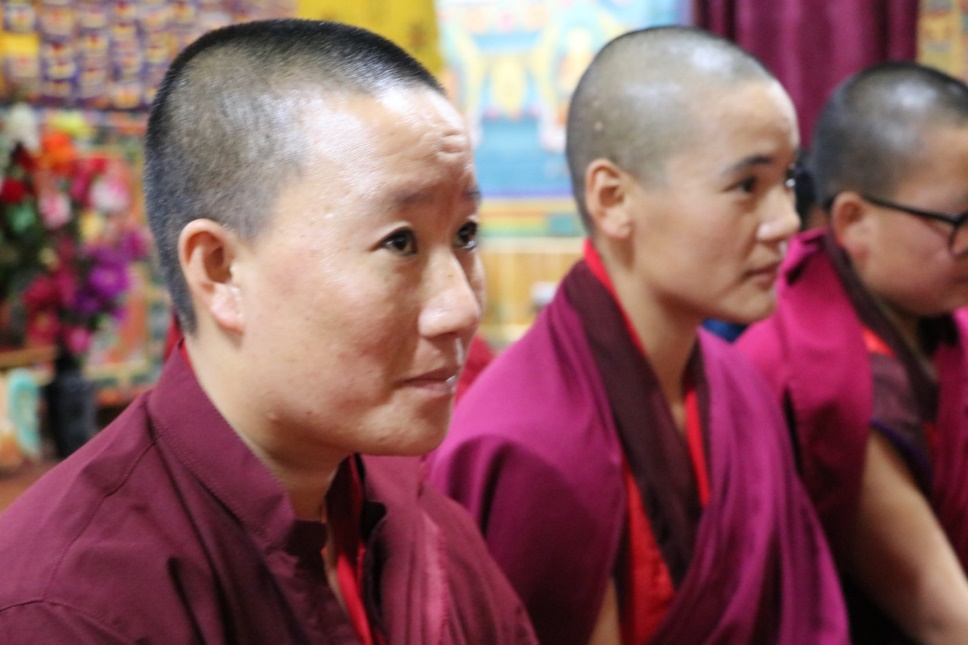
Anims (nuns) who met with UNFPA's Executive Director during her first official visit to Bhutan in October 2019. Image: Nilanjana Bose/UNFPA Bhutan.
Lopen Phuntho Tobgay doesn’t remember how old he was when he decided to join a monastery, but at just 21 now, he already knows he has a responsibility towards the society that looks up to him.
Understanding himself has helped him understand Anims and those outside the monastic institutions.
“Things like sexual reproductive health rights and resisting gender-based violence is something that we need to talk about, which we weren’t doing earlier. Knowing and understanding myself and my body is the first step to dealing with social and cultural norms. The life skills education I got from UNFPA has helped me grow both inside and out.”
Along with a local NGO, RENEW [Respect, Nurture, Educate and Empower Women], UNFPA is today training monks and nuns on life skills education and sexual reproductive health rights.
Engaged in dialogue with UNFPA Executive Director Dr Natalia Kanem in the capital Thimphu, they were excited to talk about what they had learnt. They were also full of questions.
“Have you done similar work across other religions?”
‘How do you keep alive the learnings of sexual and reproductive health and rights?”
“What’s next?”
In response, Dr. Kanem said, “I applaud you as religious leaders for boldly taking up the often sensitive issues of reproductive health and sexuality and for speaking so openly about them. In many parts of the world, these remain taboo topics, shrouded in a conspiracy of silence.”
“I invite you to write the next chapter of life skills education,” Dr. Kanem added, explaining why these issues are so critical at a time of increasing conservatism and pushback on rights and choices globally – issues that will take centre-stage at the Nairobi Summit in November to commemorate 25 years of the landmark Programme of Action that stemmed from the 1994 International Conference on Population and Development, or ICPD, which put sexual and reproductive health and rights for all at the heart of sustainable development. All the more reason why faith leaders and figures, and faith-based organisations, are crucial in disseminating the right information at the right time, without stigma and judgement, but rather with empathy, compassion and understanding.
The roomful of young Anims and Lopens nodded. They know they have their work cut out for them.
- Nilanjana Bose

